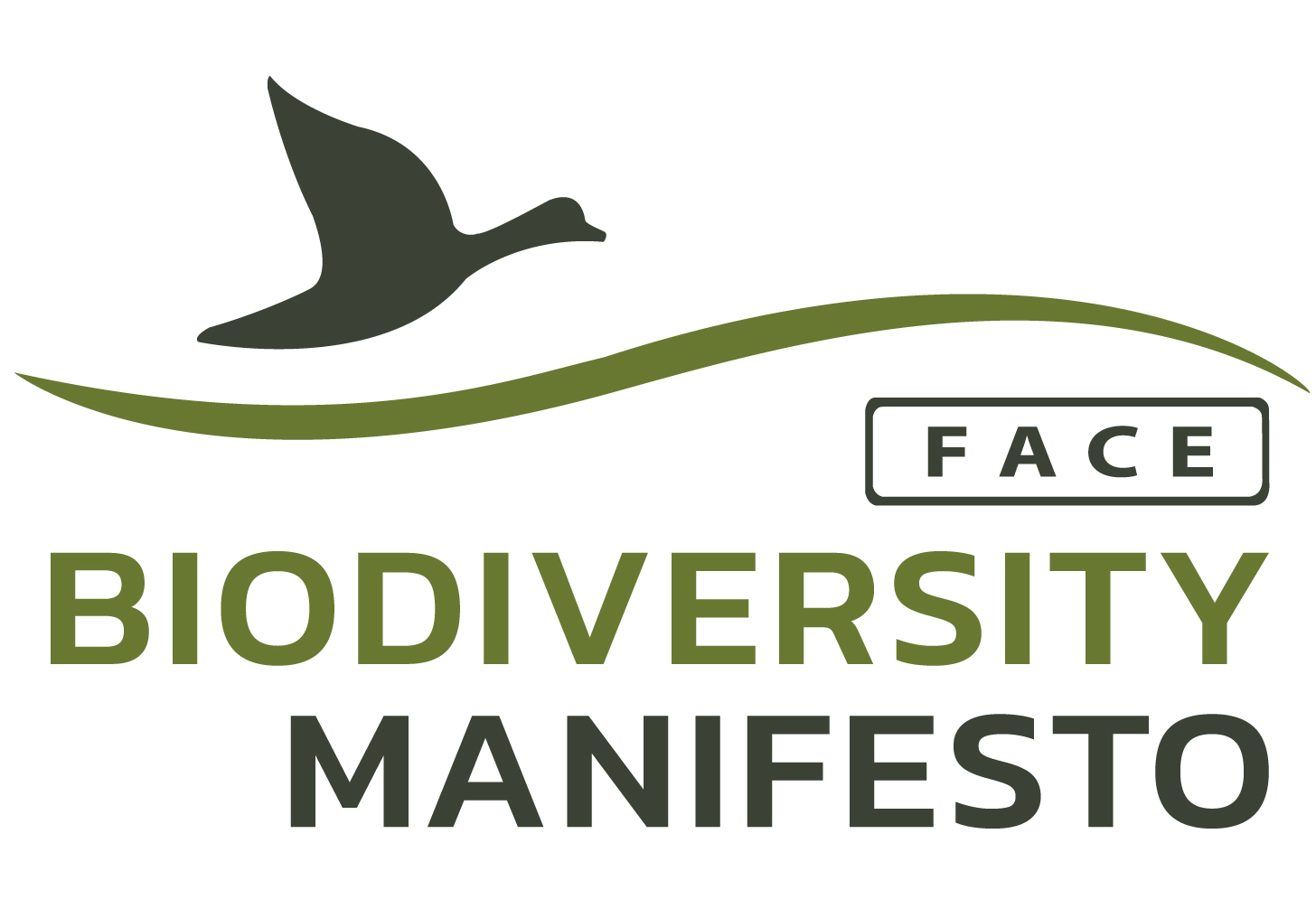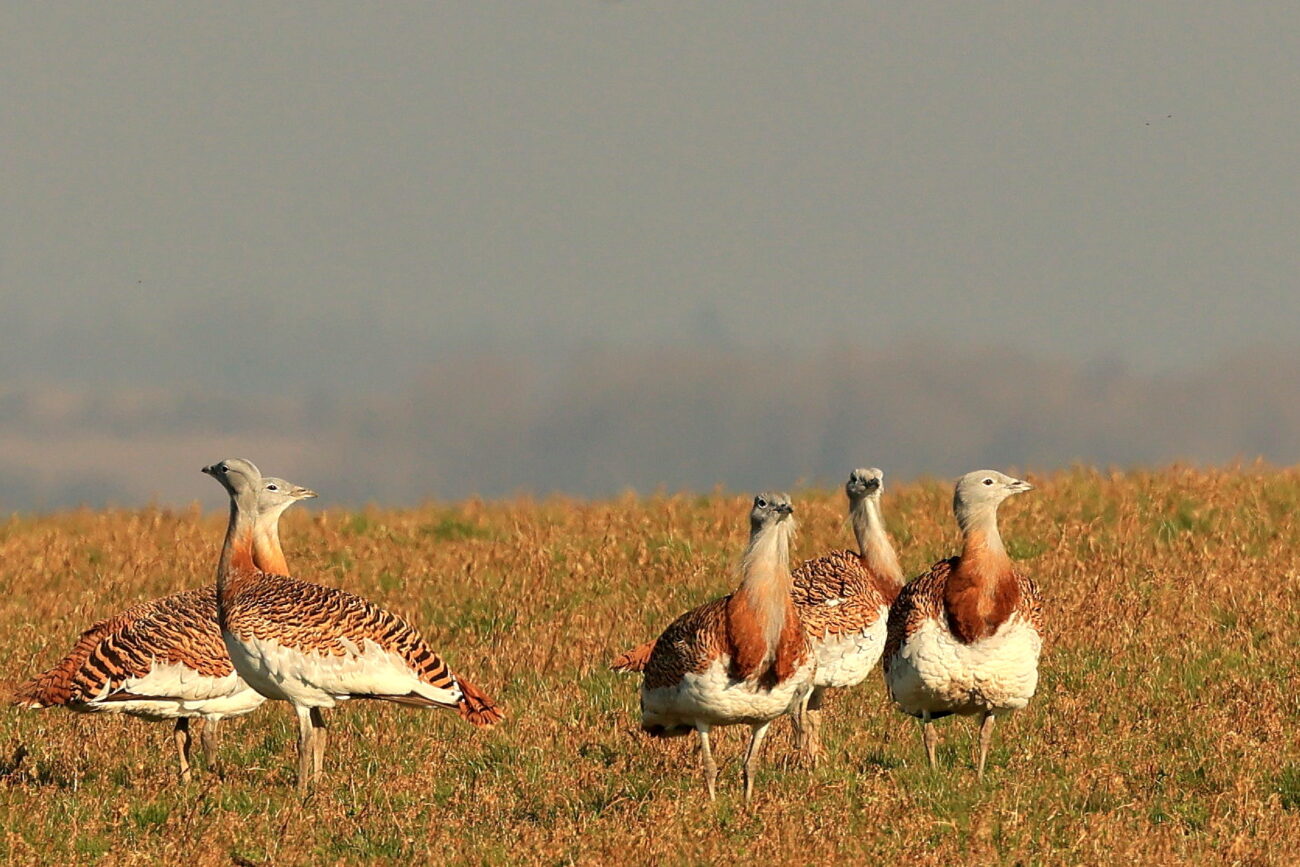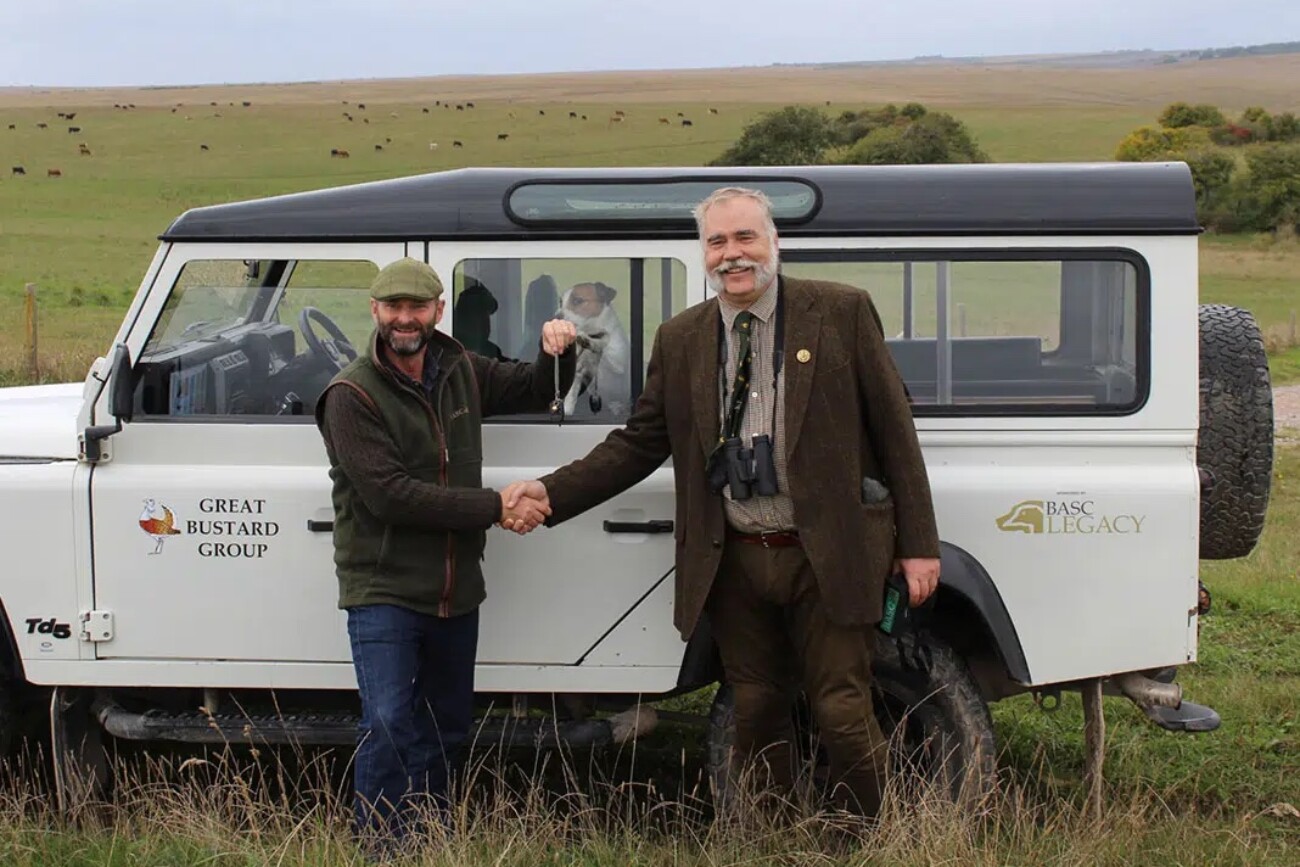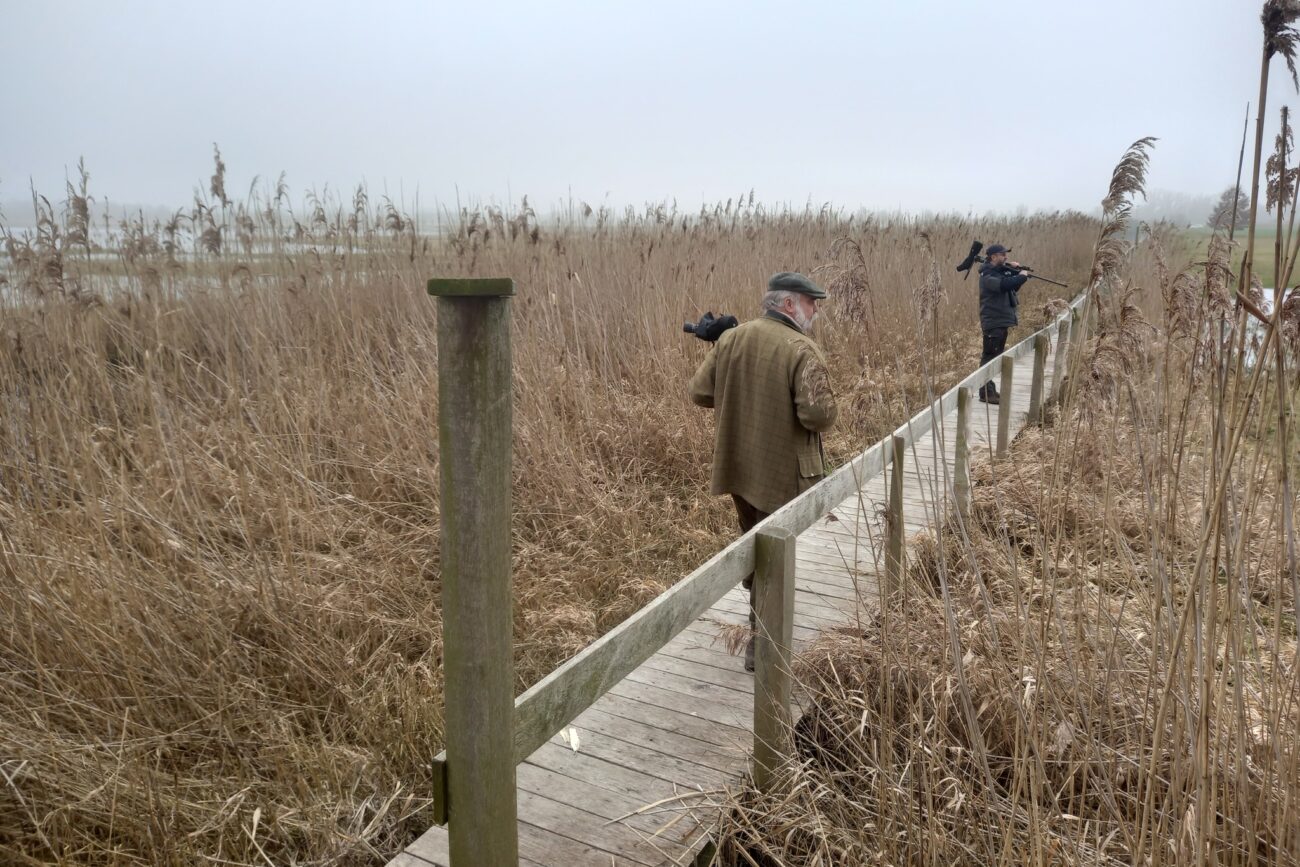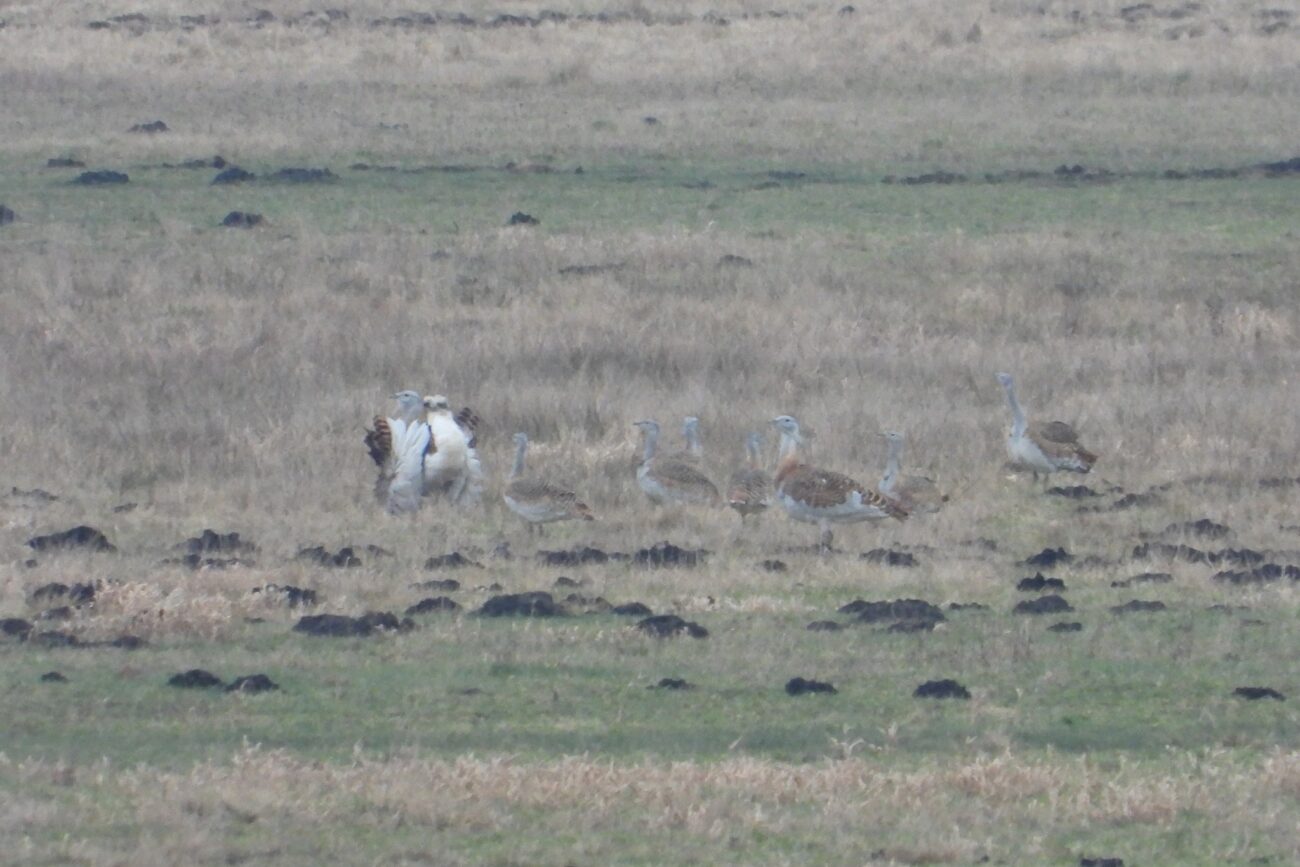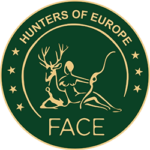Established in 1998, the Great Bustard Group has aimed to investigate the feasibility of reestablishing the Great Bustard as a self-sustaining species on Salisbury Plain.
After a thorough feasibility study, it was determined that the UK provides suitable conditions for Great Bustards, and their reintroduction would enhance the diverse ecosystem without negatively impacting any native bird species.
In 2004, the Department for Environment, Food and Rural Affairs (DEFRA) granted a 10-year trial license for a reintroduction program. The first release occurred that same year, with releases continuing until 2019. This effort has successfully established a population of over 100 Great Bustards in the UK, which are now breeding at a level that ensures self-sufficiency.
Last year, the Shooting Association for Shooting and Conservation (BASC) generously contributed £15,000 to the Wiltshire-based Great Bustard Group, supporting their efforts to reintroduce the species into the wild.
The goal of establishing a self-sustaining population of Great Bustards in the UK by 2019 with a safe future was achieved in 3 ways.
STEP 1
Providing more safe nesting areas. This was achieved by working together with farmers, renting or even buying land.
STEP 2
Working with the UK’s statutory agencies, to ensure that the Great Bustard receives the recognition and protection it deserves.
STEP 3
Enlarging and improving public engagement activities – The Great Bustard is a wonderful flagship species and conservation success story.
The donation provided through BASC’s Legacy Fund has gone towards the group’s second phase to extend site work and increase tourism opportunities.
BASC chief executive Ian Bell said: “The Great Bustard Group has undertaken a huge amount of work in reintroducing the Great Bustard to the area. The Group is an exemplar of local stakeholders working together to undertake practical land management for the benefit of nature and the economy. This legacy funded donation will help push them towards further success”.
David Waters, executive office of the Great Bustard Group, said: “The Great Bustard Group is dependent on the support from individuals and organisations. The tremendous support from BASC has significantly increased our capacity to host visitors to the project and this leads to long term self-funding – a crucial factor. This funding will lead to habitat creation and management which will benefit Great Bustards and many other farmland species such as stone curlew, grey partridge and quail”.
